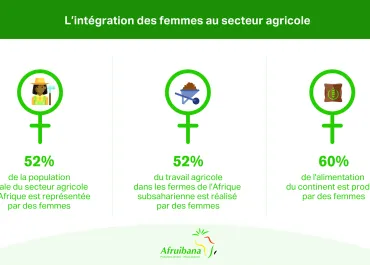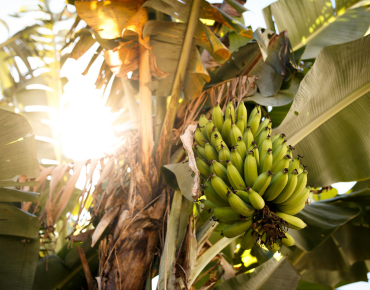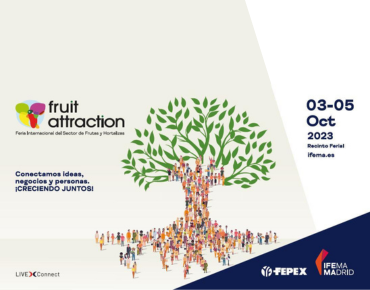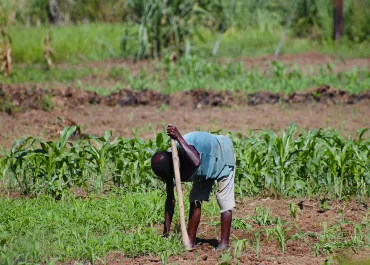
Keep an eye on climate-smart agriculture
20 May 2018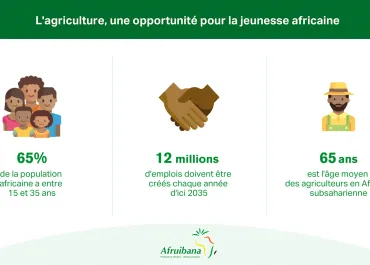
Agriculture, an opportunity of the African Youth
15 July 2018Contrary to popular belief, African women are an integral part of the African agricultural sector. The numbers speak for themselves: women make up as much as 52% of the workers in the sector and are responsible for about 50% of the work on farms in sub-Saharan Africa. According to estimates, they would even produce between 60 and 80% of the continent’s diet.
But paradoxically, the potential of women in the agricultural sector remains under-exploited. Compared with their male counterparts, women have limited access to productive resources, limiting their contribution to socio-economic development. In their book “Transforming Gender Relations in the Agricultural Sector in Sub-Saharan Africa: Promising Approaches,” Marion S. Davis, Cathy Farnworth, and Melinda Sundell argue that women’s productivity is lower than that of men because they have limited access to resources such as land, credit and other factors of production. For example, land ownership in Mali often returns to men in more than 85% of cases. And beyond being a means of production, land is also a guarantee to access credit.
As Africa faces the challenge of its agricultural transformation, African states can no longer neglect the role of women in agriculture. Governments need to adopt an approach to their agricultural strategy based on gender equality, inclusion, sustainability and good governance. For Tacko Ndiaye, gender, equality and rural development specialist at FAO, countries like Rwanda and Ethiopia are examples to follow with a “fair right” with “a system of joint registration by which the land is registered in the name of the wife and the husband. It therefore seems essential to invest in the empowerment of women in agriculture if we really want to fight against poverty in rural areas.
According to United Nations calculations, if women had the same access to agricultural resources as men on the African continent, farm yields could increase by 20 to 30%. While the African farmer is very often a farmer, it is time for us to give women the necessary means to fully participate in the agricultural transformation of our continent.

